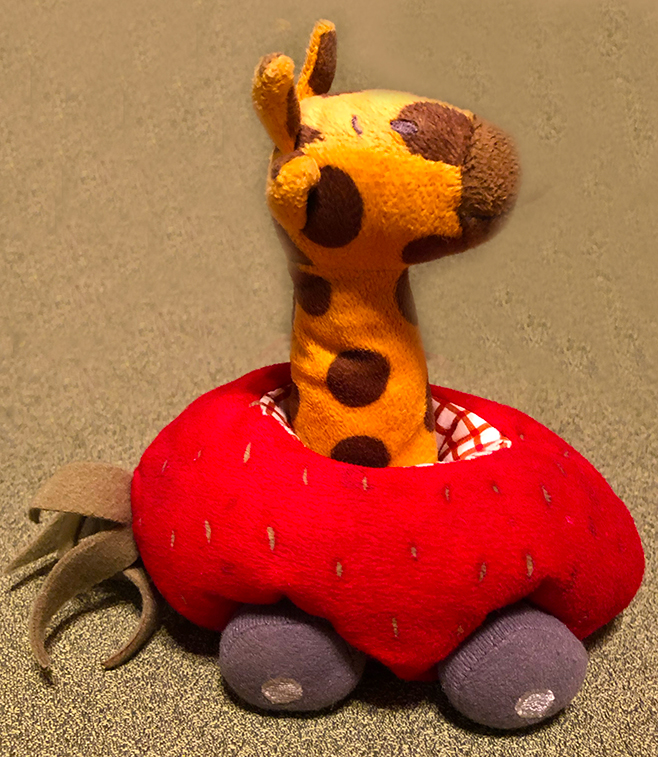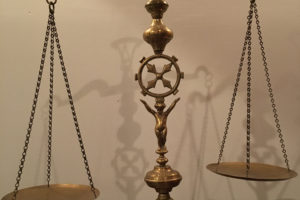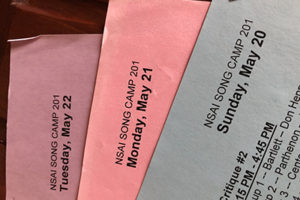Often I get too wrapped up in the work I have to do, work I want to do, and thinking about work I should be doing. Sometimes, to relax and get away from the grind, I simply turn on the TV and enjoy turning off the part of my brain that tells me to work.
There is no greater harm than that of time wasted.
— Michelangelo (1475-1564) Italian sculptor, painter, and architect
The time you enjoy wasting is not wasted time.
— Bertrand Russell (1872-1970) British philosopher, logician, political activist, and Nobel laureate
As I am sitting watching TV, I occasionally feel bad about not doing anything. (Thanks, Michelangelo.) So, I will switch to YouTube where one can be amused or learn things in small doses. I then convince myself that sitting and not doing my work directly is a good thing. (Thanks, Mr. Russell.)

The weeks in which I get the most out of my real work—composing and songwriting—are those weeks where I spend some time playing. This might be letting my imagination go wild while collaging: cutting and pasting with no real sense of purpose or design. Or, it might be in some more recreational activity, such as working on a jigsaw puzzle. It is fun to work on a puzzle. And, if it is a photograph of a place, I like to imagine what it is like to visit there. (I would really like to visit the Cinque Terre area in Italy…the puzzle is great!)
Working puzzles benefits me in a number of ways. They can be a bit frustrating, so it helps me learn to keep things in perspective. A puzzle is a finite do-able project. It helps me practice bearing down and focusing on the task at hand. Also, working different parts of a puzzle requires some mental flexibility. I am constantly shifting between looking at shapes, details, and colors.

Play offers us a chance to change our perspective. Play frees our brain to discover and explore new ideas or ways of thinking. We find relationships with things that seem to have no connection—but, indeed may be related in some way!
Being playful allows us to suspend our inner critic and ignore outside voices of doubt. Creative insights are often suppressed by fear and uncertainty. Play-like activities allow us to be in a psychological state where it is OK to fail and where it is OK to wonder, “What if?” From there, creative insights are easier to find.
So, don’t stay wrapped up in your work. Make time for play. Playing is fundamental to our identity as human beings. When we fully immerse ourselves in doing things we enjoy, it stimulates creative thinking. Play with toys. Build something. Go outside. Play a word game. Think like a kid again! Surrender yourself to the experience.
We don’t stop playing because we grow old; we grow old because we stop playing.
— George Bernard Shaw (1856-1950) Irish playwright, critic, and polemicist
§
Did you take time for play? What did you do? How did you feel afterwards?










Leave a Reply
Your email is safe with us.